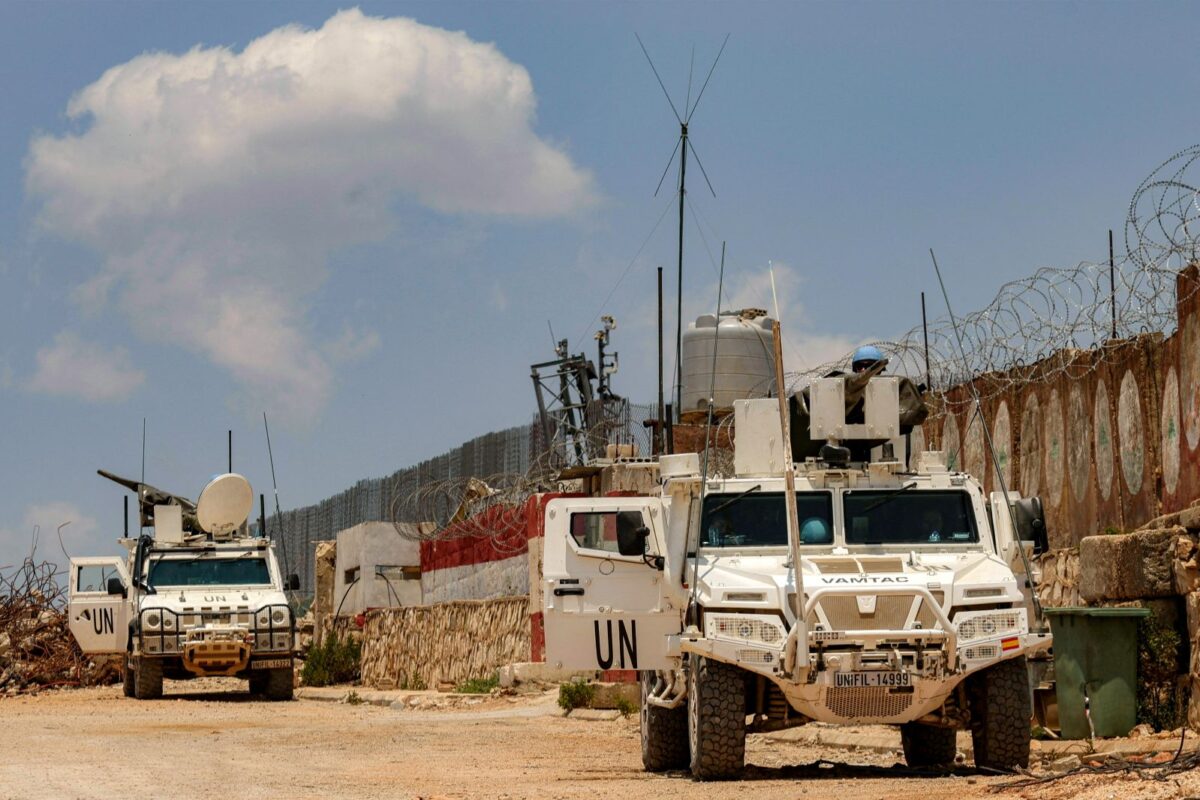
In recent days, Lebanon has witnessed a dangerous acceleration of the trends that have long kept us trapped between war and paralysis. Israeli airstrikes have once again targeted Beirut’s southern suburbs and parts of the south. At the same time, UNIFIL peacekeepers in southern Lebanon are being harassed and attacked by local actors aligned with Hezbollah. And in the background, the Lebanese Army — the only legitimate national force — is signaling that its role in managing the ceasefire is being undermined.
What connects these events is one thing: the erosion of the Lebanese state.
Let us start with the obvious: Israel’s latest wave of airstrikes is an act of aggression. Bombing densely populated areas under the pretext of targeting military sites puts Lebanese civilians at risk and fuels the logic of endless retaliation. We must reject this impunity clearly and without hesitation.
But condemning Israeli aggression is not enough. If we are serious about protecting Lebanon, we must also be honest about the dynamics inside our own country; dynamics that, today, are pushing us closer to the edge.
The harassment of UNIFIL is not a minor side story. It is a signal of something much deeper: the normalization of armed actors operating outside state authority, and the systematic attempt to intimidate any force that monitors their actions.
When peacekeepers — acting under a UN mandate that Lebanon itself requested and agreed to — are assaulted, blocked, or filmed and harassed on patrol, this is not “resistance”. It is a deliberate effort to undermine Lebanon’s credibility as a sovereign state.
The presence of UNIFIL, imperfect as it may be, serves one basic purpose: to monitor the fragile line of conflict and to provide some buffer against escalation. Weakening it serves no Lebanese interest. On the contrary: it exposes Lebanese civilians in the south to greater danger, makes the Army’s task harder, and hands Israel excuses to escalate even further.
It also isolates Lebanon internationally. The United States is now openly debating whether to withdraw its support for UNIFIL. This would be a disaster for Lebanon’s fragile deterrence structure. Without peacekeepers and with a weakened Army role, southern Lebanon risks returning to a state of lawlessness and it will not be armed actors who pay the price first, but ordinary Lebanese families.
No Lebanese party, no matter how powerful, has the right to dictate the terms of international forces operating under Lebanese sovereignty. When the Lebanese Army itself — whose officers know better than anyone the risks facing our borders — warns that its role is being undermined, we should take this as a national alarm bell.
But more fundamentally, we must confront the core contradiction that is eating away at the state: the idea that a parallel armed force can exist alongside national institutions and claim to represent the “defense” of Lebanon.
This logic has brought us nothing but weakness. True resistance would empower the Lebanese state not weaken it. It would defend the Army, not sideline it. And it would respect the international structures, including UNIFIL, that help preserve what is left of stability.
When we harass peacekeepers, we are not defending Lebanon. We are inviting isolation and justifying further Israeli actions. When we weaken the Army’s authority, we are not protecting sovereignty. We are eroding it from within.
Lebanon’s sovereignty today faces two enemies: aggression from abroad and impunity from within. Both must be confronted if we want a future in which Lebanon is governed by one Army, one law, and one national decision.
The silent majority in Lebanon knows this. It is time for that majority to speak louder. We must defend the Army’s role, insist on the protection of UNIFIL’s mandate, and reject the normalization of a state within a state.
We must also be honest: there is no such thing as partial sovereignty. Either the Lebanese state alone controls the country’s defense and foreign policy or we continue living in a reality where our national fate is decided by others, without our consent.
Lebanon cannot afford another cycle of war. Nor can it afford the slow suicide of surrendering what remains of its sovereignty to armed actors whose agenda is not accountable to the Lebanese people.
The enemies of Lebanese sovereignty are not only across the border. They walk among us. It is time we say so and act accordingly.
Ramzi Abou Ismail is a Political Psychologist and Senior Research Fellow at the Institute for Social Justice and Conflict Resolution at the Lebanese American University.
The views in this story reflect those of the author alone and do not necessarily reflect the beliefs of NOW








